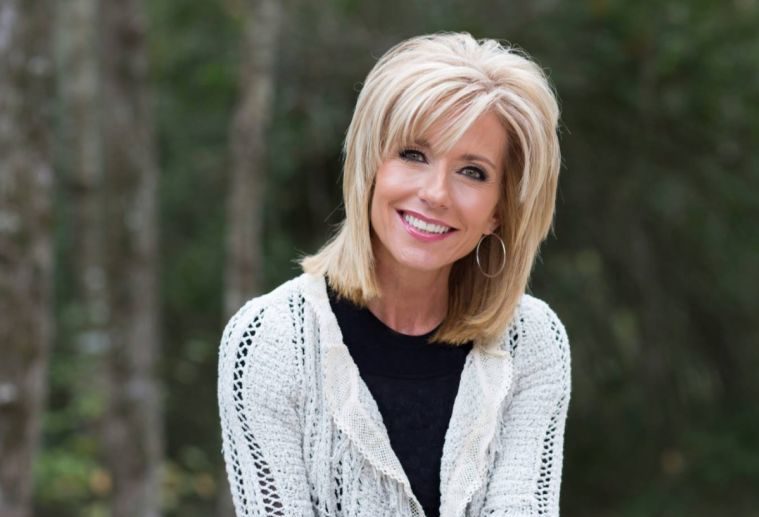This past week, Beth Moore wrote a heartfelt and amazing blog post called, “A Letter to My Brothers”, articulating the hardships of being a prominent women leader in the conservative evangelical community. As I read it, I was grateful that she had the courage to write honestly about her experiences as a woman in ministry, and heartbroken at the reality of the misogynistic attitudes in the evangelical culture. I wondered what kinds of opportunities we have missed as the body of Christ, because women have felt unseen, unheard, or were not empowered to use our gifts in the church. Many women resonated with Beth Moore’s letter, as they have also faced gender-based discrimination. When talking with other sisters in Christ, I’m saddened to hear about their experiences of being dismissed in their experiences of abuse, or being passed over for a job or promotion because of their gender. This letter struck such a deep chord in many of us because of the way Moore articulates a common experience for many women. She gave us words and a voice. I was grateful for her courage and contribution to this conversation.
As a seminary graduate, I was also grieved at the ways I’ve experienced similar things during my graduate studies. While I was encouraged in my classes by many of my male professors and classmates to pursue theological studies, some men from other seminaries would look at me with questioning eyes when I told them I was studying Bible Exposition. They often asked, “So what are you going to do with a seminary degree? Are you going to be a preacher?” I would answer, “No, I don’t want to become a preacher, I just really love studying the Bible.” This answer would generally end the conversation as they politely answered with a terse smile, “Good for you.”
This view that women are seen as second-class citizens in the church has affected the ways I view myself. It’s part of the difficulty of answering the question, “What are you going to do with your doctoral degree?” Although I have two master’s degrees and am pursuing a doctorate degree from a seminary, it’s still difficult for me to dream about the possibilities of what I want to pursue. There’s much fear in me, as I’ve been told by men that I can’t teach the Bible because I’m a woman. Even though I’ve had positive feedback from my teaching internship in Bible courses, I still struggle with feelings of inadequacy, feeling as though I don’t measure up. It takes a lot of mental and emotional energy every time I am in front of a class to overcome these inner voices that question whether I should be there. It’s probably one of the reasons why I am drawn to a desk job in finance and administration in a department of all women. Here is where I feel safety and shelter from the internal battle. I wonder about the ways I have missed leadership opportunities, because of the ways I’ve believed myself to be inferior to men. Part of the reason why I have no desire to pursue vocational church ministry, while I have the training, is the fact that I am a woman, and I feel limited in my opportunities.
Despite the grief of seeing how these attitudes have leaked into the Christian community, I am also hopeful. Thabiti Anyabwile in his humble apology to Beth Moore and his sisters in Christ, gives me hope that men are listening, and that people and this attitude towards women can change. I am grateful for his response and his attitude in recognizing his own brokenness in perpetuating this mindset, and how he desires to change and stand up for women. This kind of response brings so much healing in the fractured relationships between men and women, and I am grateful for the dialogue that has opened up and will continue to open up to bring reconciliation and healing to the church. I am hopeful that his response reflects other men who seek to bring healing and change, to empower their sisters in Christ, so that the whole body of Christ flourishes together. I am also hopeful in the ways I have been encouraged by my brothers to use my gifts for the building up of the body of Christ. We can accomplish so much more together than apart, when we see that we are all made in the image of God, and we are all one family in Christ.





1 Comment
Leave your reply.